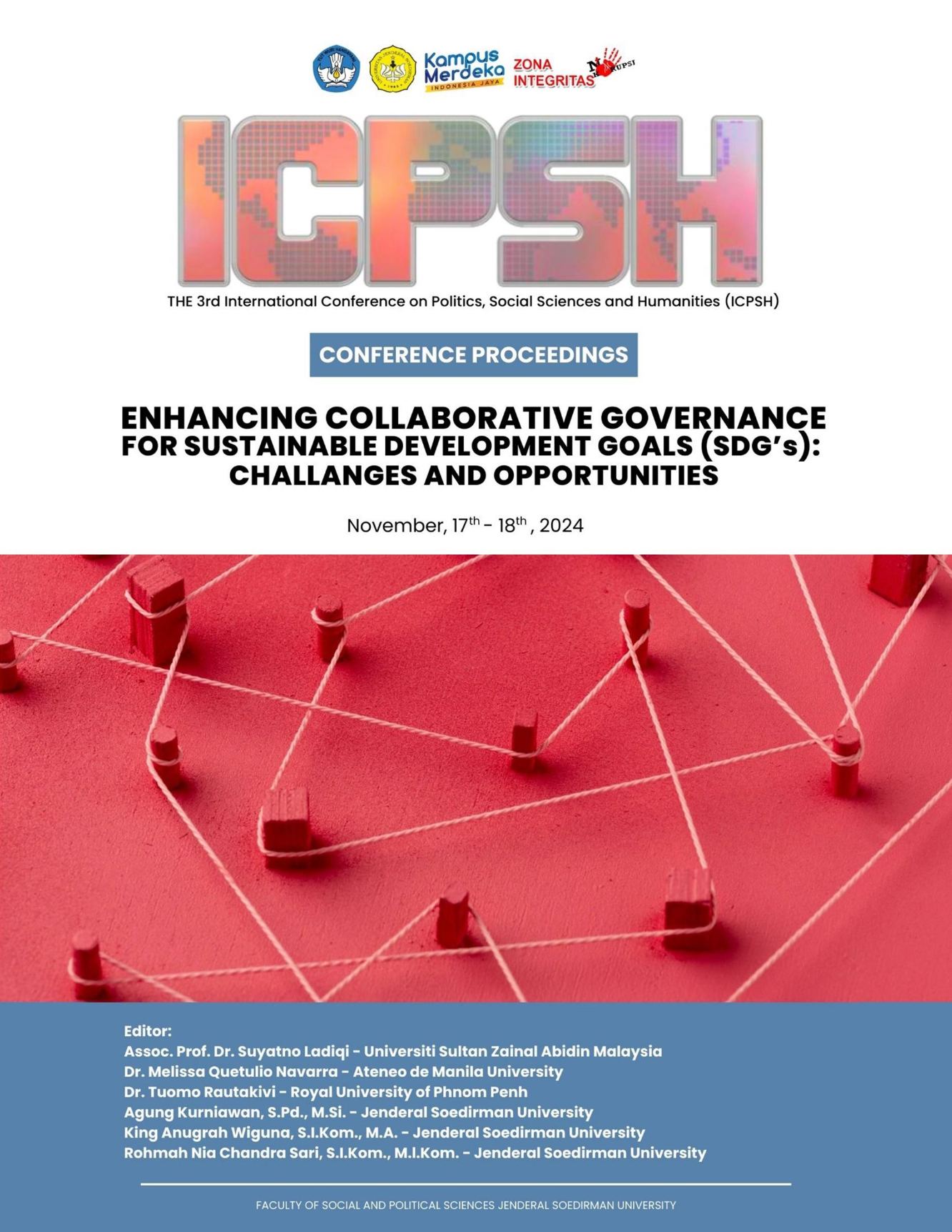Understanding Gender Inequality in Indonesia: an AI Approach to Evaluating Socio-Economic Factors for Sustainable Development
Abstract
Gender inequality in Indonesia remains a significant challenge, especially in achieving gender parity across various development indicators. This study evaluates the impact of different socioeconomic and demographic variables on the Gender Inequality Index (GII) across all regencies and cities in Indonesia in 2023, focusing on aligning with the fifth Sustainable Development Goal (SDG) of Gender Equality. The variables considered include Women's Income Contribution, Women in Professional Occupations, Women's Human Development Index, Women's Life Expectancy, Women's Labor Force Participation Rate, Women's Expected Years of Schooling, and Adjusted Per Capita Expenditure for Women. Three machine learning models, Support Vector Regression (SVR), AdaBoost Regressor, and Random Forest Regressor are applied to determine the relationship between these factors and the GII. Random Forest Regressor demonstrated the best performance with a Mean Squared Error (MSE) of 0.0109. The feature importance analysis reveals that the Women's Human Development Index has the highest impact at 43.92%, followed by Women's Life Expectancy at 23.25%, and Adjusted Per Capita Expenditure for Women at 10.27%. These findings highlight the pivotal role of human development and economic factors in shaping gender inequality in Indonesia, providing valuable insights for formulating targeted policies aimed at reducing gender disparities and promoting equitable development across the country.



